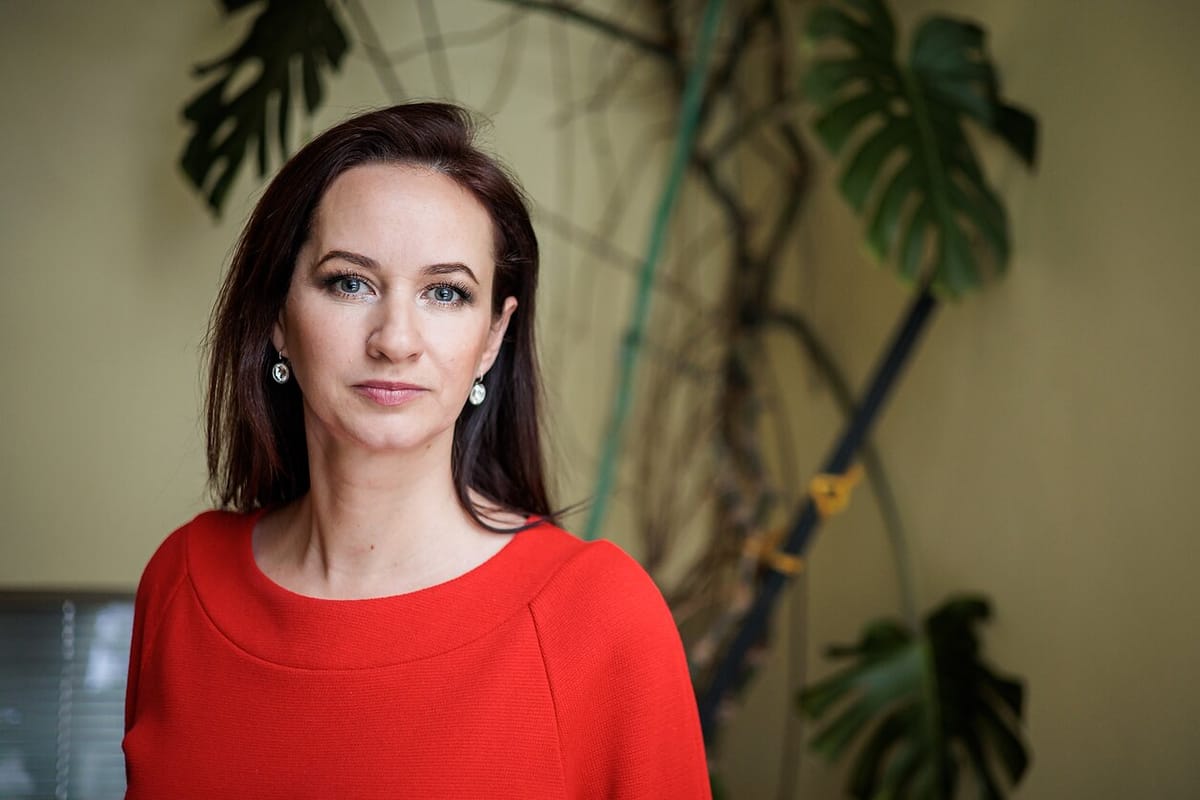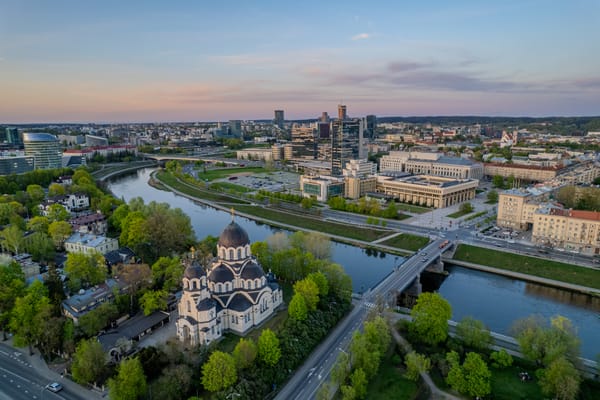
Ruginiene in poll position to become Lithuania’s next PM
Lithuania’s Social Democrats nominated trade union leader Inga Ruginiene as their candidate for prime minister on 6 August following the resignation of Gintautas Paluckas.
The 44-year-old former Lithuanian Trade Union Confederation chairwoman now awaits a parliamentary confidence vote to approve her cabinet and programme, news agency Reuters reported. She was selected by a large majority over Lithuanian Transport Minister Eugenijus Sabutis on 6 August, after several days of party consultations, Brussels-based website Politico reported.
Speaking after her nomination, Ruginiene said she would maintain defence spending at 5-6% of GDP, continue Lithuania’s support for Ukraine, and pursue immigration policies focused on attracting skilled workers who integrate well. She addressed scrutiny over post-2014 trips to Russia and family ties to Ukraine, telling Lithuanian state media LRT that she had “nothing to hide”.
The development comes as Lithuania navigates political uncertainty following Paluckas’ resignation over a corruption scandal linked to business dealings.
The entire cabinet stepped down, triggering coalition negotiations between the Social Democrats, Dawn of Nemunas, and the Democratic Union “For Lithuania”, which jointly control 86 of the 141 seats in the Parliament. The Social Democrats have 52 seats, Dawn of Nemunas 20, and the Democratic Union “For Lithuania” holds 14 seats.
Coalition scenarios, policy outlook
Ruginiene now needs to secure coalition backing before the confidence vote, with negotiations expected to focus on ministerial portfolios, legislative priorities, and possible concessions on economic or social policy. A swift agreement would likely enable her to present a cabinet within weeks, while prolonged talks could extend the caretaker period led by the finance minister.
Her background in trade union leadership suggests a stronger emphasis on wage growth, labour protections and collective bargaining rights. While Ruginiene's defence and foreign policy stances signal continuity with Lithuania’s existing commitments to NATO and support for Ukraine, domestic policy could shift toward expanded social protections and targeted economic reforms, Politico commented.
Should coalition partners push for changes in economic policy, potential flashpoints include taxation levels, infrastructure investment priorities, and the balance between business incentives and worker protections. Her political inexperience compared to seasoned ministers could be offset by her profile as a consensus builder and her strong mandate from the party.
Under Lithuanian law, a prime minister-designate must present a cabinet approved by the president and submit the government’s programme to a vote in Parliament within 15 days. “Our priority is stability and a clear programme that reflects Lithuania’s strategic commitments,” Ruginiene told LRT on 6 August.
“I can only promise one thing: that I will continue to uphold social democratic values. Don’t worry, I definitely have a vision, but it’s still too early to say,” she added.

